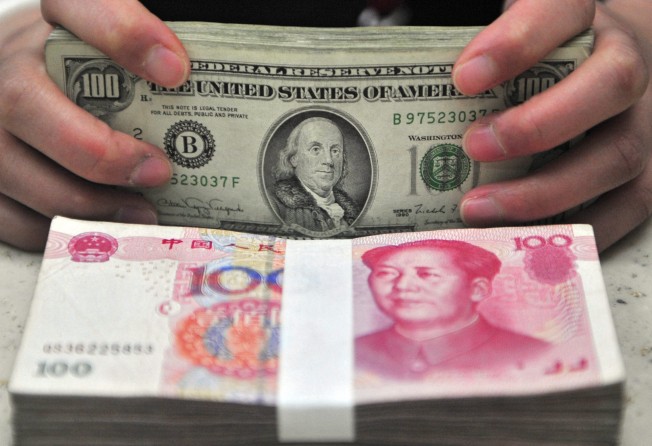China-backed AIIB to lend US$10-15b a year for first five years

The president-elect of China’s new international development bank said he expects the institution to lend between US$10 billion and US$15 billion a year during its first five or six years, and sought to allay concerns that the lender will be a tool of Beijing.
Jin Liqun, who takes up the AIIB presidency after its expected inauguration toward the end of this month, said yesterday that the bank would start operations in the second quarter of 2016.
He said the US dollar would be the operating currency of the bank but the institution would consider financing requests in other currencies, including the yuan.
A successful Asian Infrastructure Investment Bank (AIIB) that sets itself apart from the World Bank would be a diplomatic triumph for China, which opposes a global financial order it says is dominated by the United States and under-represented by developing nations.
Beijing had been frustrated by delayed reforms at the International Monetary Fund (IMF), though on Monday it admitted China’s yuan into its benchmark currency basket, a victory for China’s campaign for recognition as a global economic power.
Jin said talks were ongoing with other institutions, including the World Bank and the Asian Development Bank, on co-financing, which would help AIIB “get off the ground very soon”.
“In regular years, given US$100 billion in registered capital, I expect to do probably US$10-US$15 billion, for the first five or six years,” Jin told a European business forum.
Jin did not specify priority projects or which countries would be the beneficiaries of initial loans, but said that about 30 countries were waiting in line for membership, which would increase the bank’s capital.
The AIIB, proposed by President Xi Jinping less than two years ago, has become one of China’s biggest foreign policy successes.
Despite the opposition of Washington, almost all major US allies – Australia, Britain, German, Italy, the Philippines and South Korea – have joined.
The US, which initially cautioned nations against joining the AIIB, had expressed concern over how much influence China would wield in the new lending institution.
Jin said that China holds the de facto veto power in the bank based on a function of GDP, but that as additional countries joined the lender, its relative voting power would decline.
He rejected suggestions that the bank would be used to increase the influence of Beijing and Chinese state-run companies, saying other countries would not rush to join if that was the case.
“No, they won’t join this bank if they are convinced that it is going to be the instrument of the Chinese government.”